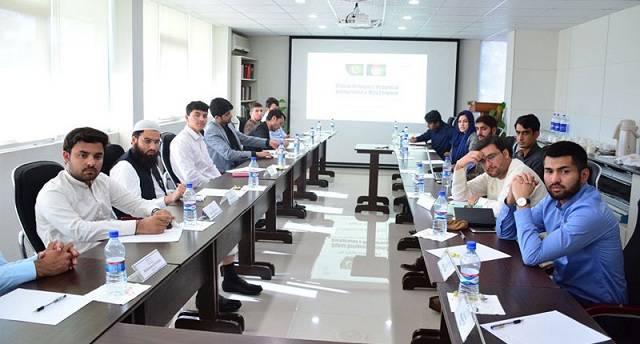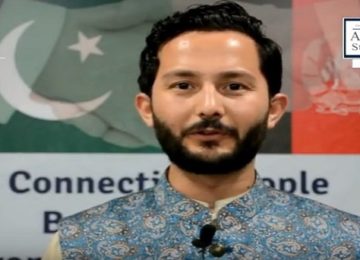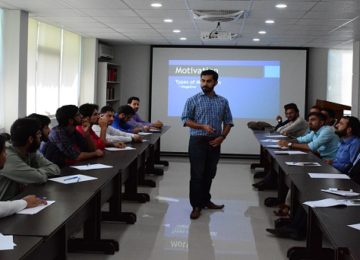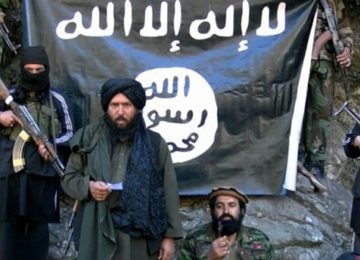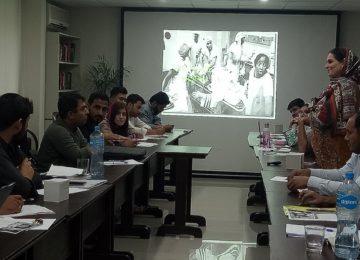ISLAMABAD: Speakers at the concluding day of the 10th Pak-Afghan Youth Dialogue on Wednesday urged the Pakistani authorities to consider for citizenship the cases of Afghans born in Pakistan or living in the country for over 20 years.
The participants also stressed the need for the Pakistani authorities to extend timeframe for repatriation of refugees from two years to five years.
They said that any forced repatriation in a short duration of time could damage the goodwill Pakistan had earned among the Afghan people over the course of the last four decades.
CRSS project director Aized Ali stated that advocacy for naturalisation of Afghans who were born in Pakistan or had spent over two decades in the country was a core aspect of the Pakistan-Afghanistan Track 1.5/II Dialogue Beyond Boundaries.
Daily Times correspondent Tahir Khan, a speaker from Pakistani delegation, said, “It has never been a policy of Pakistan to expel Afghan refugees or to force them to return. Pakistan has hosted the Afghan refugees out of goodwill and a sense of brotherhood for 40 years.”
He said the recent concerted efforts to repatriate refugees were taken in view of the threat posed by militants and the burden on Pakistani economy because of the counter terrorism efforts.
Khan mentioned that in an unofficial meeting with a visiting Afghan delegation last month, Pakistan’s SAFRON Minister had explicitly stated that Afghan refugees were never been involved in any terrorist attacks or organised crime in Pakistan.
He added that due to the urgency of the issue, Afghan CEO Dr. Abdullah Abdullah and President Ashraf Ghani had also recently made pledges to bring back Afghan refugees from both Pakistan and Iran in the next two years. At the moment, he said, Pakistan was hosting 1.4 million Afghan refugees, according to UNHCR statistics.
The discussion focused on achieving peace in the region and the role of the youth in this regard, ending with a recognition that Pakistan considered the Afghan refugee crisis as a humanitarian issue, and not a political one. The dialogue concluded with the hope that Pakistani PM Shahid Khaqan Abbasi’s expected visit to Kabul next month, in response to President Ghani’s invitation, could lead to a headway in resolution of longstanding issues including naturalisation of Afghan refugees living in Pakistan for over two decades.
The young Afghans present on the occasion thanked the Pakistani people for offering their homes to the refugees and allowing them freedom of movement. They also thanked the federal government for allowing the refugees educational and economic opportunities, stating that this was unlike Iran where Afghan refugees were restricted to their camps. Participants, most of whom were enrolled in universities in Pakistan, paid their gratitude to the people of Pakistan for extending hospitality and feelings of brotherhood towards their Afghan compatriots.
The 10thPak-Afghan youth dialogue held under CRSS’s Afghan Studies Centre Initiative was focused on bringing together the youth of two neighbouring countries on one platform and creating a better understanding between the two neighbors.
The dialogue featured youth from Afghan cities of Mazar-i-Sharif, Baghlan, Nangarhar, and Kabul, and Pakistani cities of Lahore, Quetta, Rawalpindi, Swat, and Bannu.
This story originally appeared in Daily Times on March 29, 2018. Original link.



